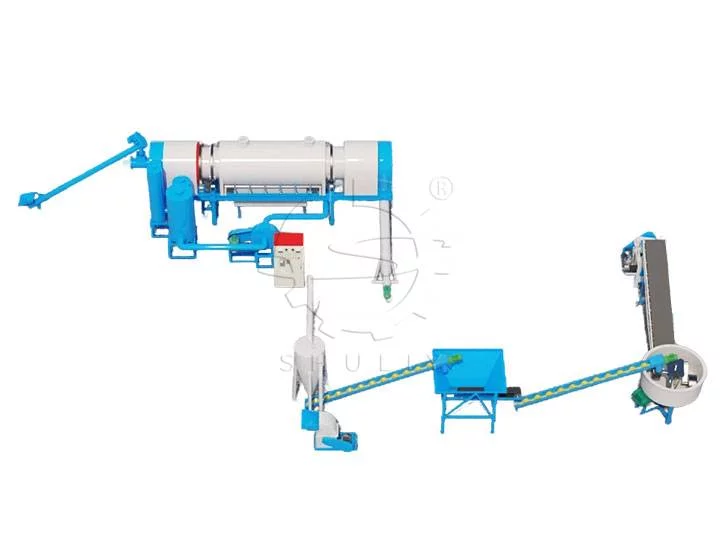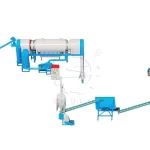Barbecue Charcoal Production Line
The barbecue charcoal production line offers a comprehensive and integrated approach to BBQ charcoal processing, making businesses to meet market demands. Here is the comprehensive guide for you. You will find all of the equipment in BBQ charcoal processing plant.
Raw Materials in Barbecue Charcoal Production Line
In a barbecue charcoal production line, the raw materials commonly used include wood logs, sawdust, coconut shells, bamboo, etc. Each type of raw material offers unique qualities and contributes to the production of high-quality barbecue charcoal.

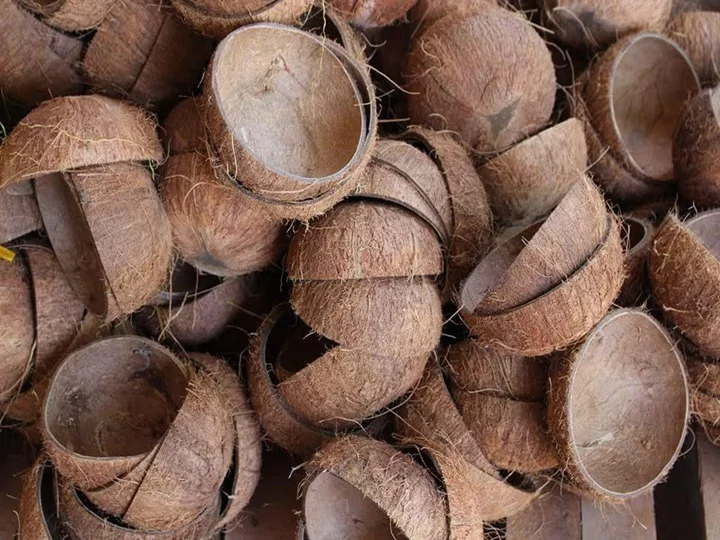
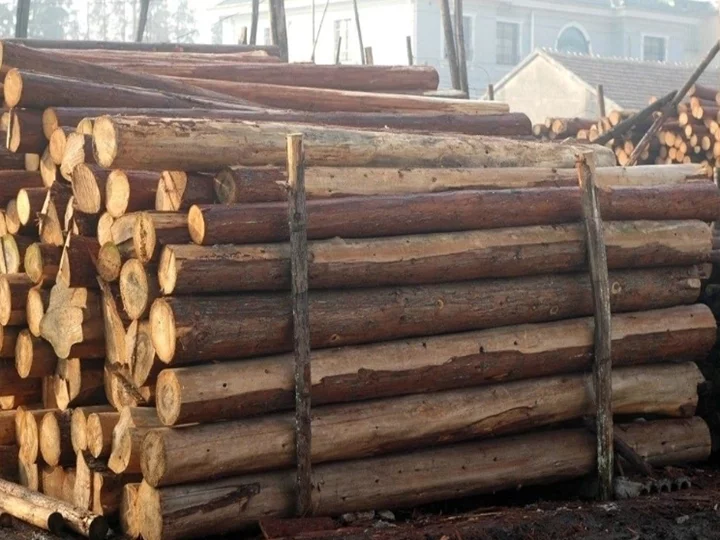
Main Barbecue Charcoal Production Line Machine
| All equipment in BBQ charcoal production line | Advantage |
| hoist / continuous carbonization furnace | 1. Natural and Chemical-Free: The charcoal briquettes produced by the BBQ charcoal production line are 100% made from natural raw materials like wood or bamboo. This ensures that the BBQ charcoal is safe for use in grilling and cooking applications. 2. High Density and Calorific Value: The barbecue charcoal produced through this production line has high density, which means it is compact and solid. This results in a longer burning time and consistent heat output. 3. Spark-Free Burning: The absence of sparks enhances the safety of the grilling process, making it suitable for both commercial use and home use. 4. Low Ash Residue: After burning, the charcoal briquettes from this production line leave minimal ash residue. This makes cleaning the barbecue grill much easier and more convenient. 5. Versatile Applications: The high-quality barbecue charcoal produced by this production line is suitable for various applications. It can be used in outdoor barbecues, grills, charcoal stoves, and other cooking methods. The versatility of the charcoal allows for its use in both commercial establishments, such as restaurants or catering services, and for personal use at home. 6. Scalable Production Capacity: The machines in the BBQ charcoal production line are well-stocked, allowing for flexible matching according to customer needs. |
| wood hammer mill | |
| charcoal grinder mixer | |
| charcoal briquette machine/charcoal ball press machine/honeycomb coal briquette machine | |
| continuous dryer / box-type charcoal dryer | |
| barbecue briquette packing machine |
First, Carbonizing
For materials like rice husks, wood chips, or other small-sized materials, the continuous carbonization furnace is an excellent option. Within the furnace, these materials undergo a high-temperature process, transforming them into high-quality charcoal.
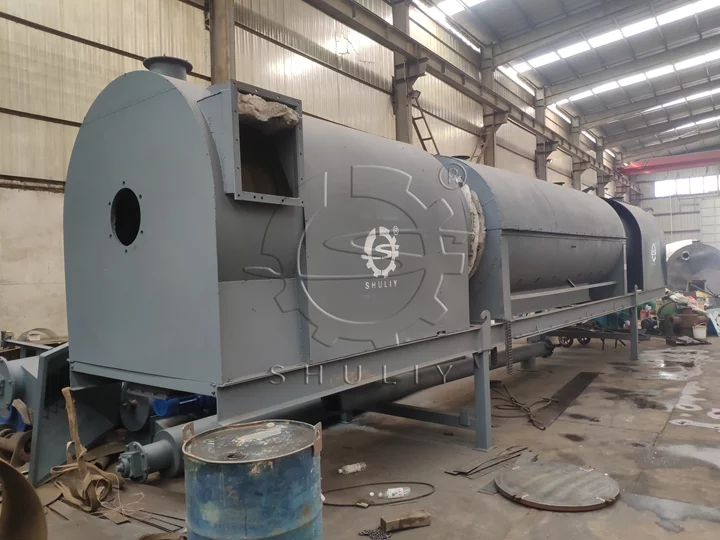
Second, Crushing
The primary function of a hammer mill machine is to break down larger charcoal pieces into smaller, more manageable fragments. This process ensures uniformity in charcoal size, making it easier to handle and package the final charcoal products in barbecue charcoal production line.
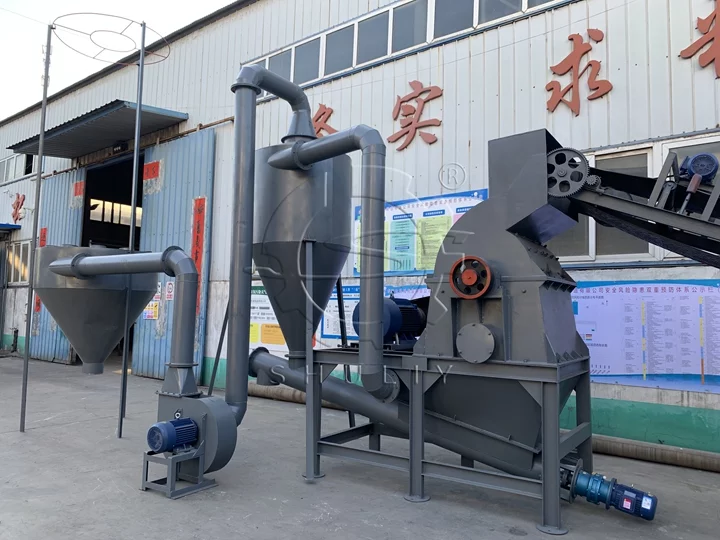
Third, Mixing and pressing
Charcoal grinder mixer, also known as a charcoal pulverizer or charcoal grinding machine, is a specialized equipment used in the charcoal production line. the grinder mixer also performs the function of mixing different charcoal particles or charcoal with other ingredients. It ensures that all the components are uniformly distributed throughout the mixture.
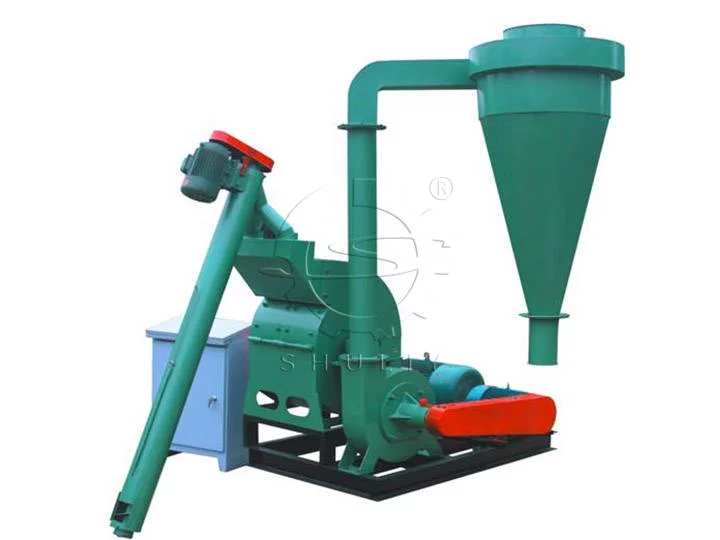
Fourth, Making BBQ charcoal briquettes
In barbecue charcoal production line, Use a charcoal briquette machine or briquette press machine to compress the charcoal mixture into briquettes of the desired shape and size. Apply pressure to compact the mixture, allowing the binder to bind the particles together.
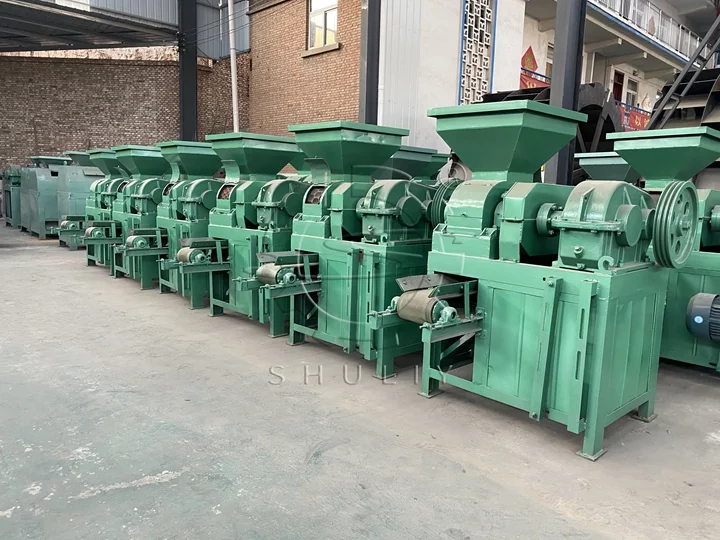
Fifth, drying
Place the freshly made briquettes in a well-ventilated area or a drying chamber to reduce their moisture content. Proper drying ensures the briquettes are solid, firm, and have improved combustion properties. You can use mesh belt dryer and drying room.
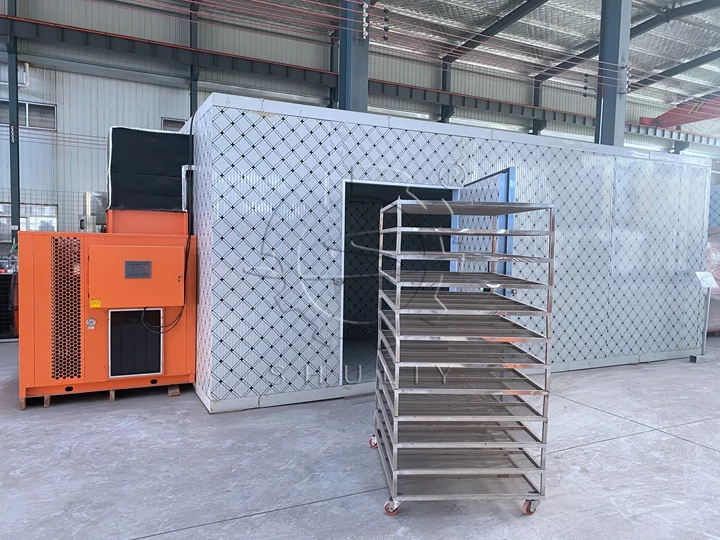
Sixth, packing
A quantitative packing machine in barbecue charcoal production line is used to wrap charcoal balls. This machine seals the packaging material around the products, providing a tight and secure seal to maintain the integrity of the charcoal. Additionally, it cuts the packaging material to the desired length, resulting in neatly packaged and presentable products.
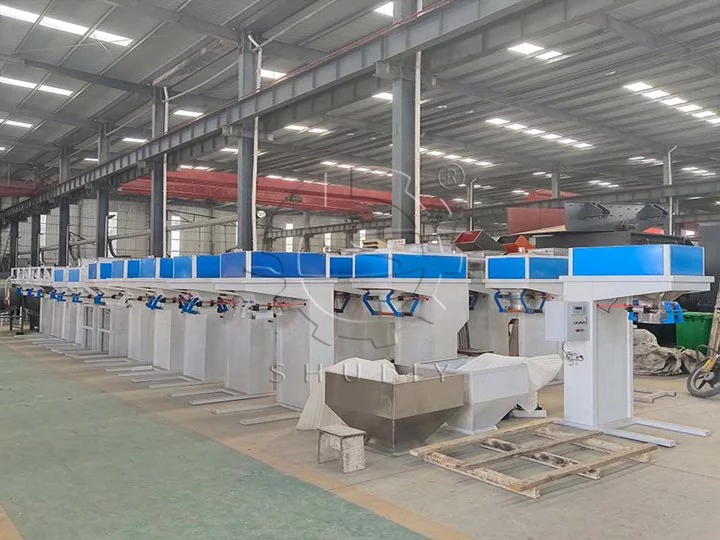
Why Invest in BBQ Charcoal Processing Plant?
Investing in a BBQ charcoal processing plant offers several compelling reasons and potential benefits:
1. Growing Demand: The demand for BBQ charcoal continues to rise, driven by the popularity of outdoor grilling and the foodservice industry. Investing in a BBQ charcoal processing plant allows you to tap into this growing market and meet the increasing demand for high-quality charcoal products.
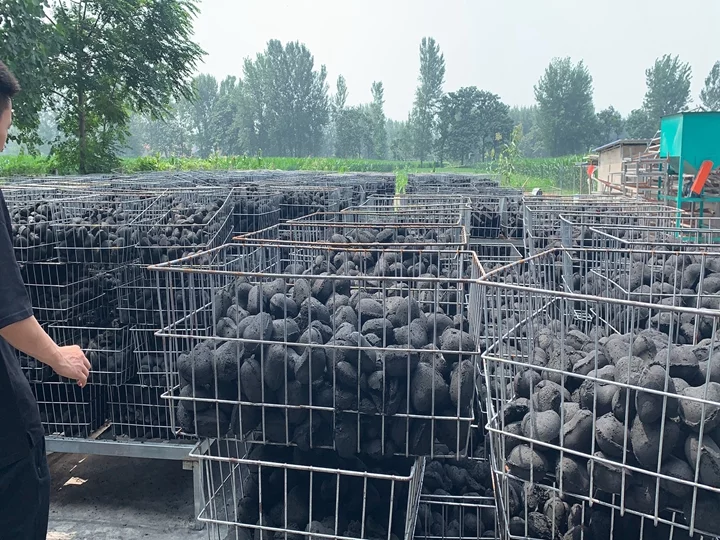
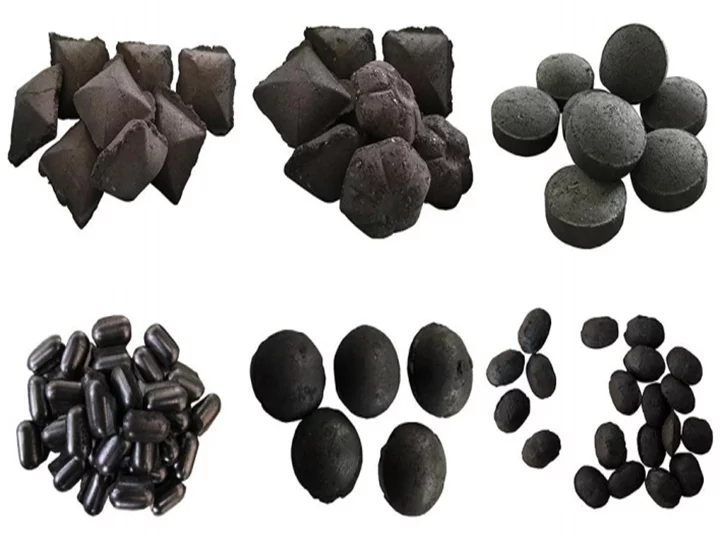
2. Profitability: Barbecue charcoal production line can be a profitable business venture. With efficient production processes and proper marketing strategies, you can generate significant revenue and achieve attractive profit margins. The consistent demand for BBQ charcoal ensures a stable customer base and the potential for long-term profitability.
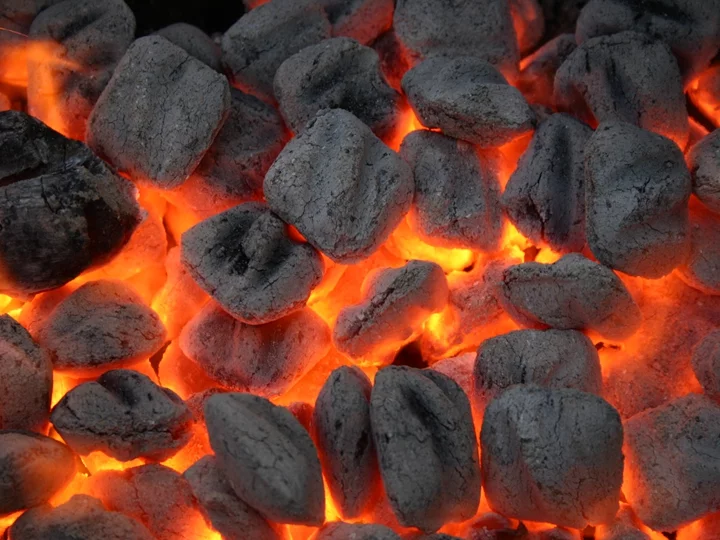
3. Value Addition: By establishing a BBQ charcoal processing plant, you can add value to raw materials such as wood, sawdust, or agricultural waste. Through processing and shaping these materials into high-quality BBQ charcoal products, you create a value-added product that commands higher prices in the market.
4. Diversification of Product Portfolio: Investing in a barbecue charcoal production line allows you to diversify your product offerings. In addition to traditional charcoal briquettes, you can produce specialty charcoal products such as flavored briquettes, instant lighting briquettes, or sustainable charcoal options. This diversification enables you to cater to different customer preferences and capture a wider market share.
Investing in a BBQ charcoal processing plant offers the potential for profitability, market growth, and sustainability. With proper planning, efficient operations, and a focus on product quality, investing in this industry can be a rewarding and lucrative venture.
Hot Product
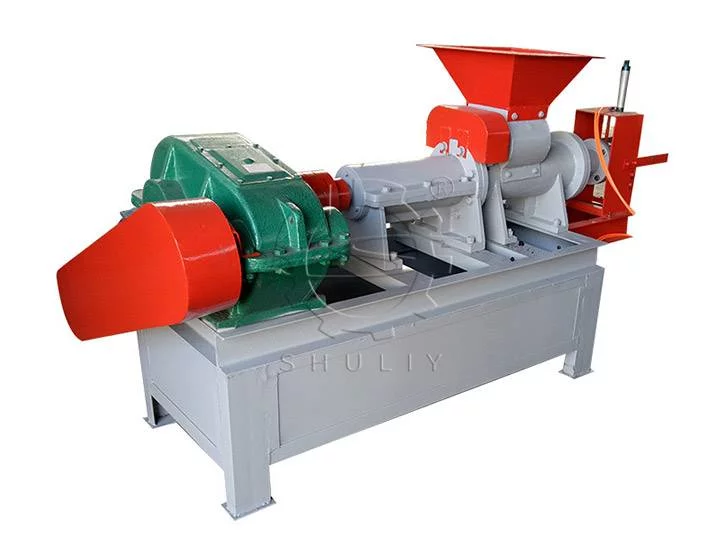
Charcoal Briquette Machine | Charcoal Extruder Machine
The charcoal briquette machine, also known as the…
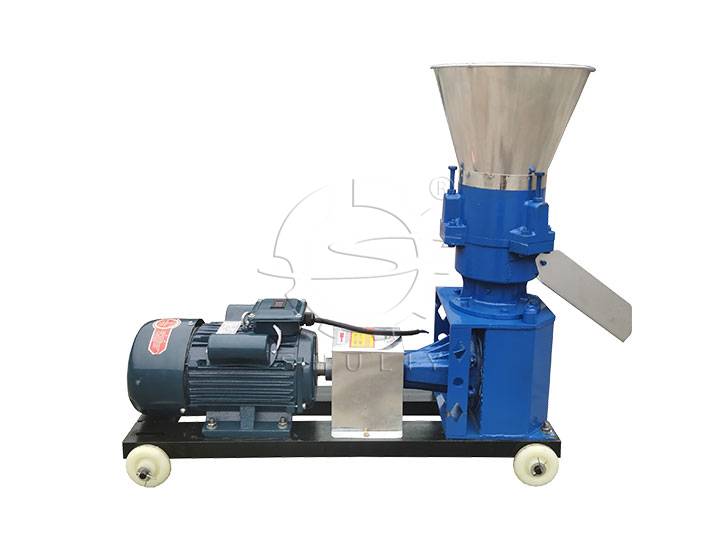
Animal Feed Pellet Machine | Pellet Feed Mill Machine
Shuliy offers the animal feed pellet machine for…
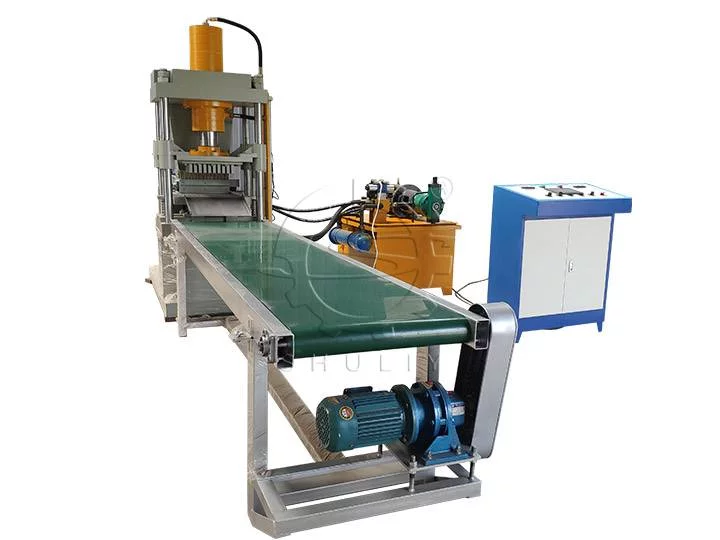
Shisha Charcoal Machine for Round & Cube Hookah Charcoal
Our popular Shisha Charcoal Machine can produce high-quality…
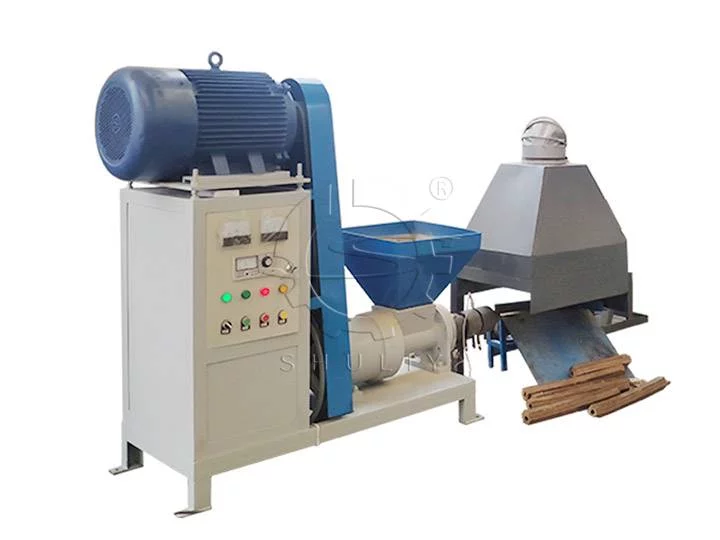
Sawdust Briquette Making Machine | Biomass Briquette Machine
The sawdust briquette making machine is an environmentally…
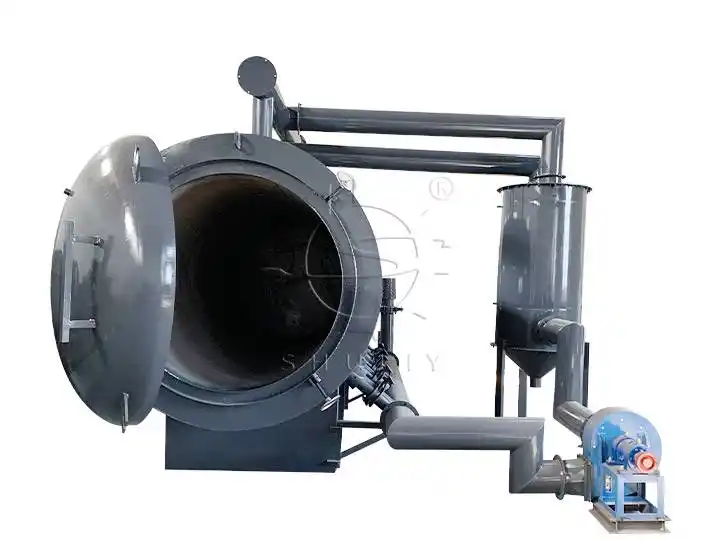
Horizontal Charcoal Furnace for Producing Biochar
The Horizontal Charcoal Furnace is a high-performance equipment…
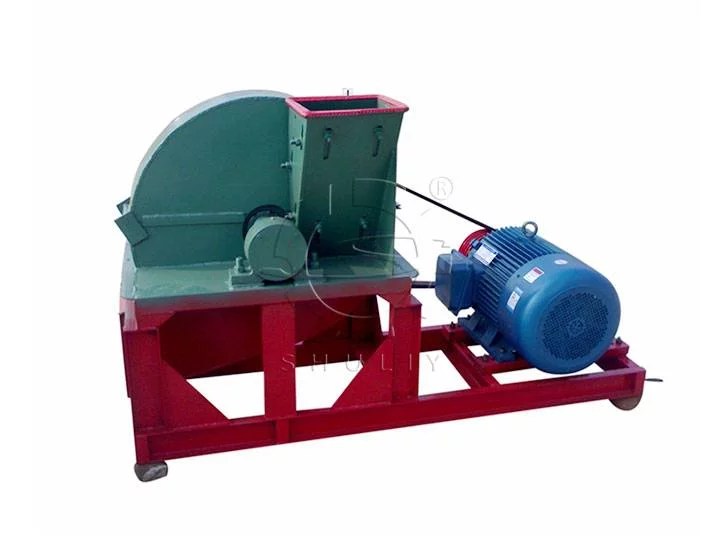
Wood Shavings Machine | Log Shavings for Animal Bedding
The Wood Shavings Machine efficiently cuts and processes…
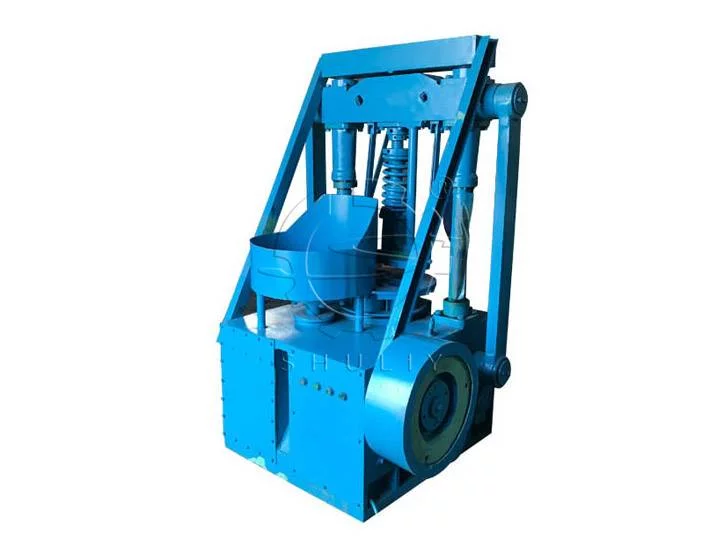
Coal Briquette Machine | Honeycomb Coal Press Machine
Coal briquette machine can produce different shape and…
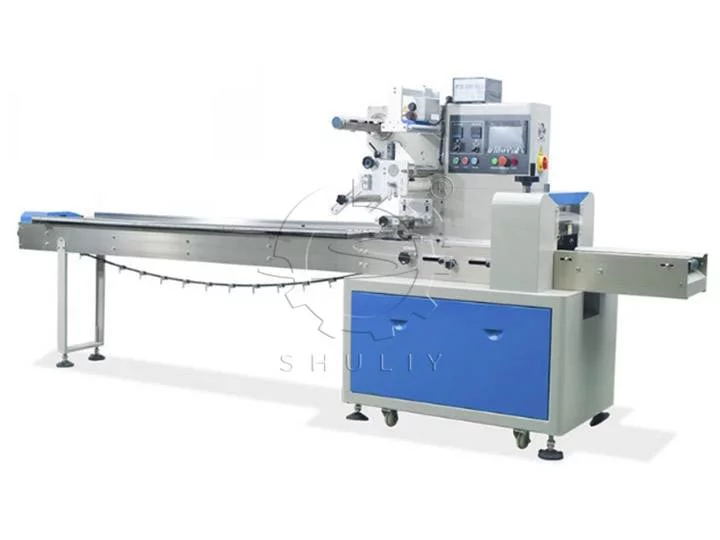
Shisha Charcoal Packing Machine
Our shisha charcoal packing machine is an important…
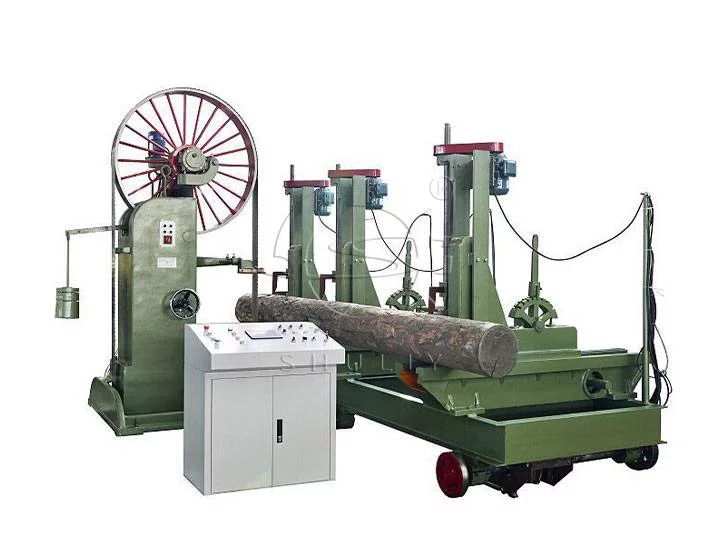
Portable Wood Saw Mill Machine | Timber Sawing Machine
The portable wood saw mill machine has great…

